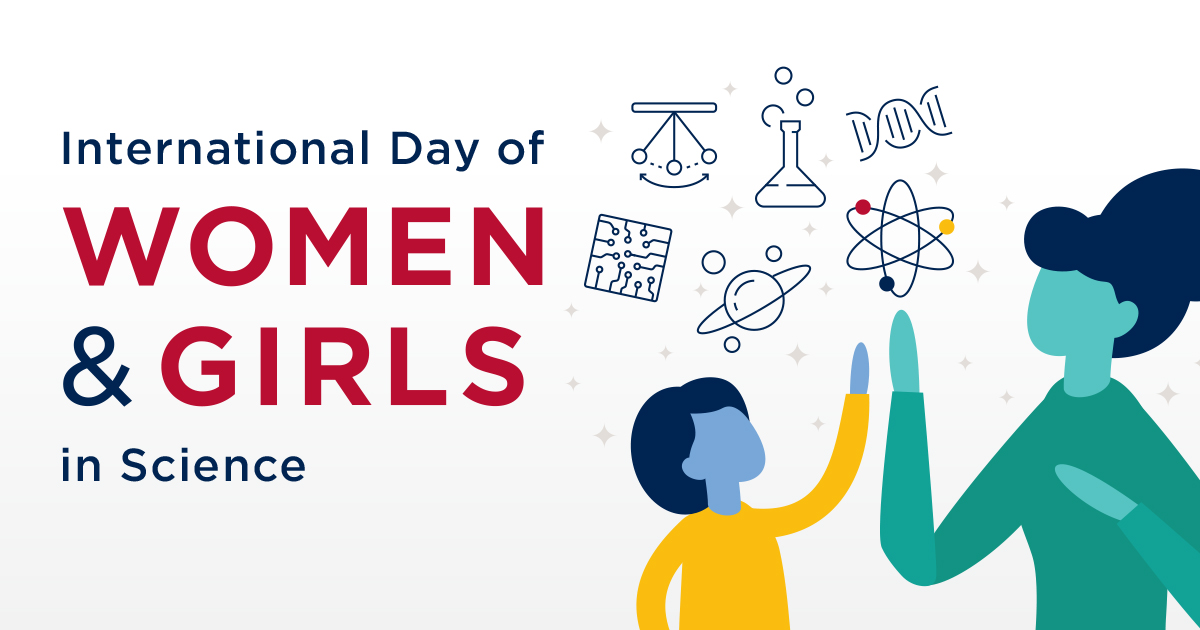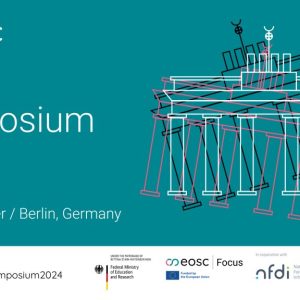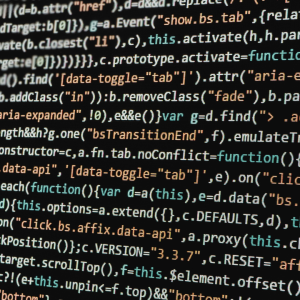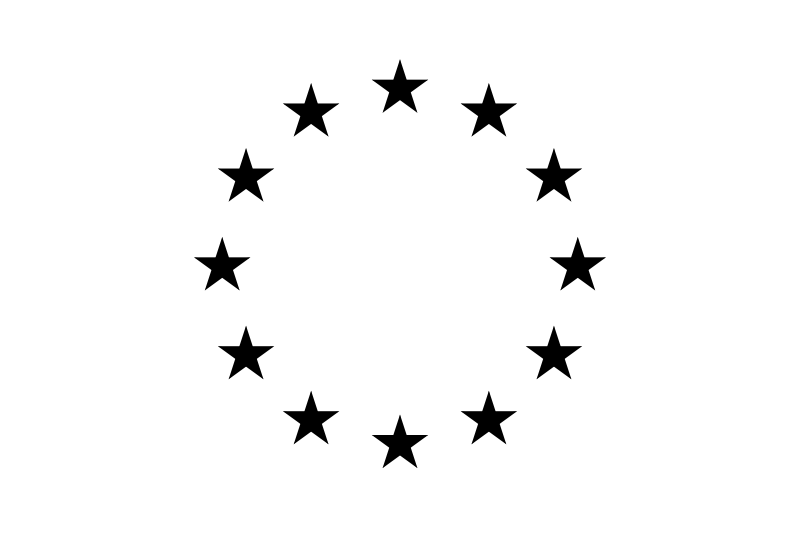On February 11th, our inboxes and timelines were filled with reminders of why it’s crucial to highlight women and girls in science. However, we don’t want the act of highlighting the work of women scientists to be confined to just one day. Therefore, following the International Day of Women and Girls in Science, the DT-GEO Equality and Diversity Committee invites you to participate in our brief survey and share your stories about women scientific pioneers whose work deserves recognition, both within and outside the project, whether you have met them in person or not.
In two months, we will make these statements public on our website. We warmly encourage your participation, as every shared story not only commemorates a remarkable journey but also strengthens our collective commitment to inclusivity and diversity in science.
We sincerely hope you’ll join us in this initiative!




